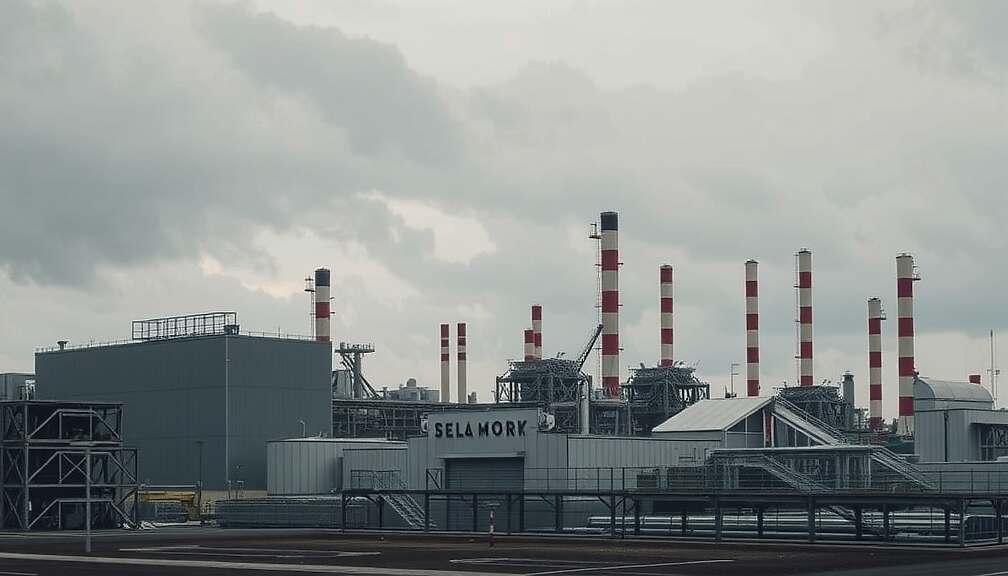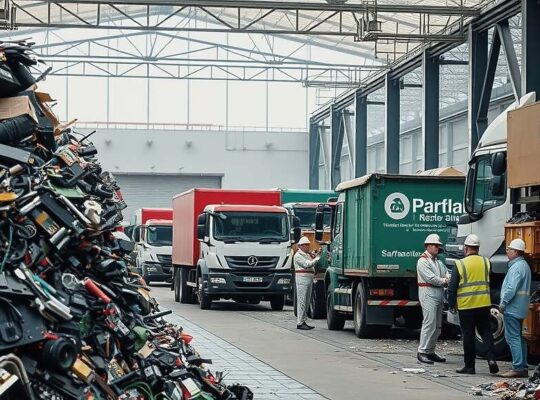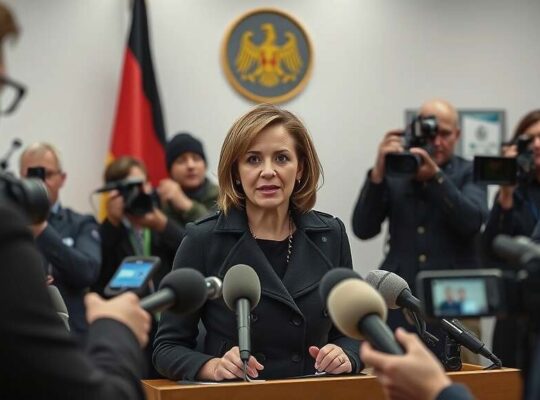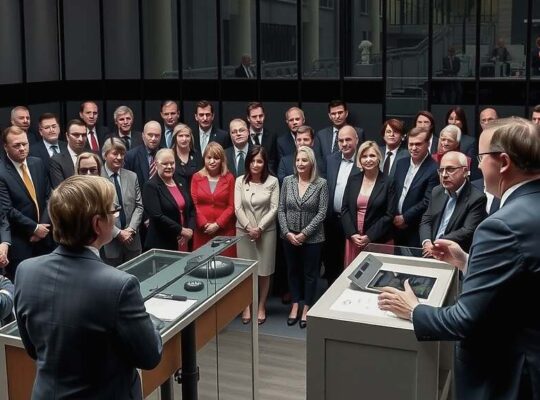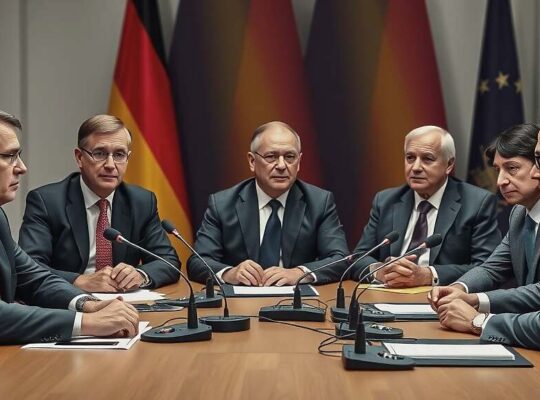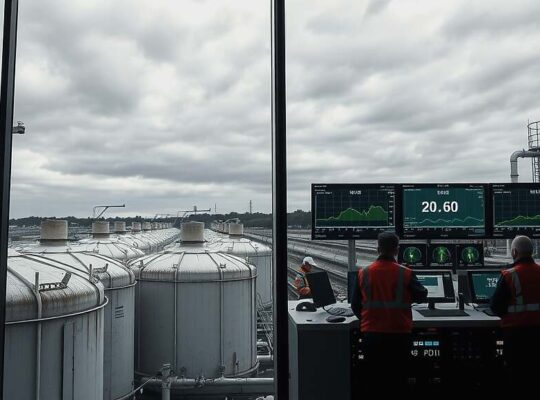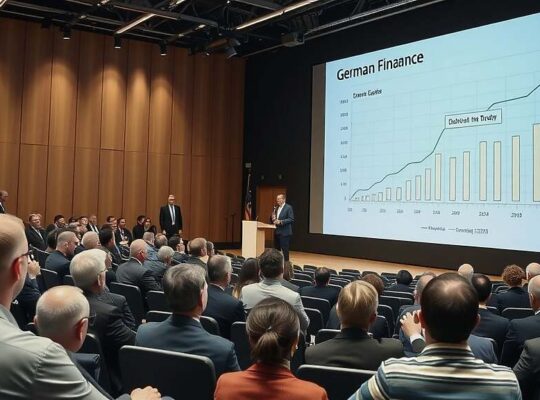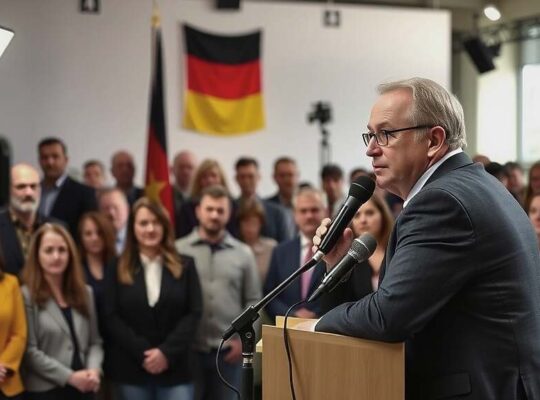The German Federal Ministry for Economic Affairs is preparing a far-reaching plan to implement the industrial electricity price, designed to provide relief to a substantial swathe of energy-intensive industries. An internal ministry concept, leaked to the Handelsblatt, indicates that at least 91 sectors and sub-sectors are currently slated to benefit, a move drawing immediate scrutiny over potential political influence and economic implications.
The Ministry, led by Minister Katherina Reiche (CDU), intends to base the selection of eligible companies on the EU’s “Kuebll” list, identifying particularly electricity-intensive businesses operating in international competition. This list effectively prioritizes established industrial giants, raising concerns that smaller, potentially innovative companies might be excluded from the support mechanism.
The sectors earmarked for potential relief span a broad spectrum of German industry, including segments of the chemical, metal, rubber and plastics processing, glass and ceramics, cement, battery cell and semiconductor production, paper, machinery and raw material extraction. The sheer scale of the inclusions fuels criticism that the scheme risks becoming a blanket subsidy, rather than a targeted instrument for safeguarding genuinely vulnerable industries.
While the plan claims to adhere to EU regulations, the proposal to allow companies to distribute their subsidized electricity consumption – potentially allowing significantly more than 50% in the initial year, followed by a gradual decrease – is attracting particular debate. While framed as a measure to accelerate investment, critics argue this flexibility could be exploited to artificially inflate eligibility claims and divert funds from more deserving areas, potentially generating distortions in electricity consumption patterns.
The decision, formally approved by the governing coalition of CDU, CSU and SPD, stipulates that companies can apply for the industrial electricity price from 2027, with retroactive payments dating back to 2026. However, the process invites scrutiny. Pressure is already being exerted on the Ministry, encouraging industry bodies to submit further documentation to potentially expand the list of favored sectors. This opens the door to lobbying efforts, raising the risk that political considerations will outweigh economic merit in the final selection process. The scheme’s potential for unintended consequences and its susceptibility to lobbying demands a rigorous and transparent evaluation as it progresses through the legislative process.


